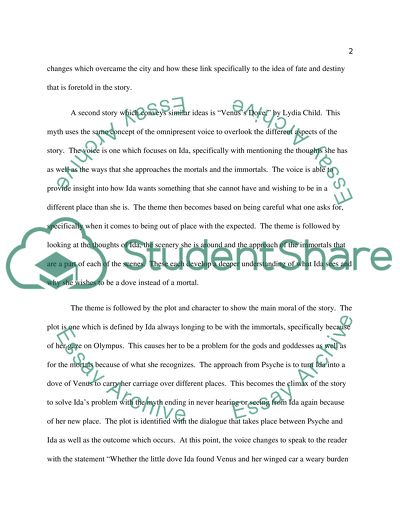Cite this document
(“English Composition- Fiction and non fiction stories Book Report/Review”, n.d.)
English Composition- Fiction and non fiction stories Book Report/Review. Retrieved from https://studentshare.org/miscellaneous/1590190-english-composition-fiction-and-non-fiction-stories
English Composition- Fiction and non fiction stories Book Report/Review. Retrieved from https://studentshare.org/miscellaneous/1590190-english-composition-fiction-and-non-fiction-stories
(English Composition- Fiction and Non Fiction Stories Book Report/Review)
English Composition- Fiction and Non Fiction Stories Book Report/Review. https://studentshare.org/miscellaneous/1590190-english-composition-fiction-and-non-fiction-stories.
English Composition- Fiction and Non Fiction Stories Book Report/Review. https://studentshare.org/miscellaneous/1590190-english-composition-fiction-and-non-fiction-stories.
“English Composition- Fiction and Non Fiction Stories Book Report/Review”, n.d. https://studentshare.org/miscellaneous/1590190-english-composition-fiction-and-non-fiction-stories.


